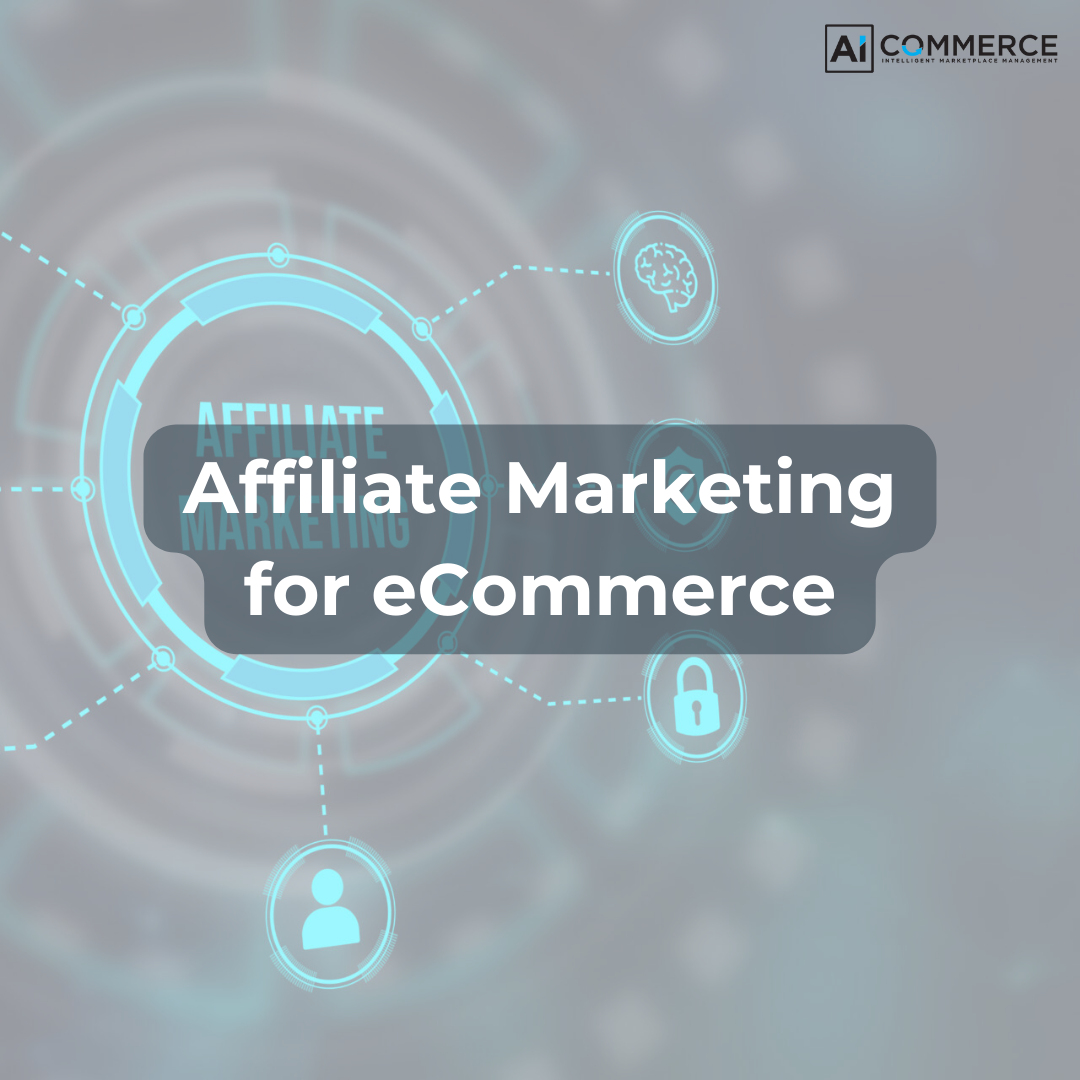Why You Should Use Affiliate Marketing to Build Your Brand
What is Affiliate Marketing?
Affiliate marketing is a type of online marketing where businesses partner with third-party affiliates to promote their products or services. Affiliates do this promotion on various channels, such as their websites, social media platforms, or email lists. Businesses will provide affiliates with a unique link or code that tracks sales and leads generated by the affiliate. The affiliate earns a commission on every sale or lead generated through their referral link. The commission structure can vary, with some companies offering a percentage of the sale, while others offer a fixed fee per lead or sale.
Affiliate marketing is a performance-based marketing model, meaning that the affiliate is only paid when a specific action is taken, such as a sale or lead generation. This makes it an attractive option for companies because they only pay for results. Affiliate marketing has become increasingly popular in recent years due to its effectiveness in driving sales and leads, as can be seen in the graph to the right. It allows companies to leverage the affiliate's existing audience and reach new customers who may not have been aware of their products or services.
How is Affiliate Marketing Different From Influencer Marketing?
Affiliate marketing and influencer marketing are both popular types of online marketing, but they differ in several ways:
- Method of Payment: Affiliate marketing is based on a commission structure, where affiliates are paid a percentage of the sale or a fixed fee for every lead generated through their referral link. In contrast, influencer marketing typically involves paying influencers a flat fee or providing free products or services in exchange for promoting a brand.
- Audience Relationship: In affiliate marketing, the relationship is primarily between the customer and the brand, with the affiliate serving as an intermediary. In contrast, influencer marketing relies heavily on the relationship between the influencer and their audience, with the influencer using their influence to promote a brand.
- Content: Affiliates typically create product reviews, comparisons, or tutorials that provide useful information to potential customers. Influencers, on the other hand, create content that aligns with their personal brand and appeals to their audience's interests and values.
- Partnership with Brand: Affiliate marketing partnerships are often ongoing, with affiliates promoting a brand's products or services over an extended period. Influencer marketing partnerships can be short-term or long-term, depending on the goals of the campaign.
Overall, while affiliate marketing and influencer marketing share some similarities, they differ in a few different ways. Both can be effective in driving sales and building brand awareness, and companies often use a combination of both strategies in their marketing efforts.
Benefits of Affiliate Marketing
- Increased Sales: By leveraging the affiliate's existing audience and network, companies can reach new customers and generate more sales. Additionally, affiliate marketing tends to build credibility and trust because affiliates usually choose to only promote products they believe in. This added trust will provide more comfort to potential customers debating whether to complete a sale.
- Cost-Effective: Affiliate marketing is performance-based, meaning that companies only pay for results. Because affiliates are motivated by the commission they earn, they are incentivized to promote products or services that they believe in and that are likely to result in sales. This means that companies can benefit from the affiliate's expertise and audience, without having to spend time and resources on marketing efforts that may not be effective. This makes it a cost-effective way to promote products or services because the company does not have to incur upfront costs.
- Risk Mitigation: Affiliates can promote products or services through various channels, such as their websites, social media platforms, email lists, and more. By promoting through multiple channels, the brand’s dependence on any single channel is decreased, thus reducing the associated risk. Additionally, affiliates can help companies reach specific customer segments through their niche audience or by using specific keywords or targeting tactics in their promotions. This can help mitigate the risk of marketing to a broad audience that may not be interested in the product or service being promoted.
- Improves SEO: By leveraging the affiliate's audience and network, companies can increase their brand exposure, which can help generate brand searches. Brand searches are an important factor in SEO because they signal to search engines that people are actively searching for the company's brand and that the brand is relevant and authoritative. Additionally, affiliates create high quality content using specific targeting keywords with links to the company website, improving the site’s overall authority and ranking.
There are a few important things for a brand to consider with using affiliates. First, affiliates typically don’t disclose details around where they are finding new customers. For example, it’s not in the best interests of an affiliate to share what channels, keywords, or audience targets are converting or associated performance metrics. Second, if a brand has its own digital marketing active, an affiliate could be bidding against existing placements, driving up competition and inflating CPCs. Beyond the channel conflict and monetary considerations, this could cause consumer confusion. It’s important for a brand to place guidelines and restrictions to limit exposure or scope. Finally, understand their role - which is to provide short term sales. Affiliates aren’t looking to build your brand, brainstorm strategy, or manage customer lifetime value, and do not equate to a digital marketing department or agency.
Overall, affiliate marketing is a win-win situation for both companies and affiliates. It provides a cost-effective way for companies to reach new customers, while affiliates can earn income by promoting products or services they believe in.
More About aiCommerce
aiCommerce is a global digital marketing agency with a focus on retail and eCommerce marketplaces. aiCommerce is primed with decades of digital marketing experience and backed by our 90-day grow and know guarantee, we can help your brand grow across eCommerce channels to gain brand awareness and increase sales. Now is the perfect time to utilize our eCommerce experts to help grow your business. Click the button below to jumpstart your eCommerce growth!




